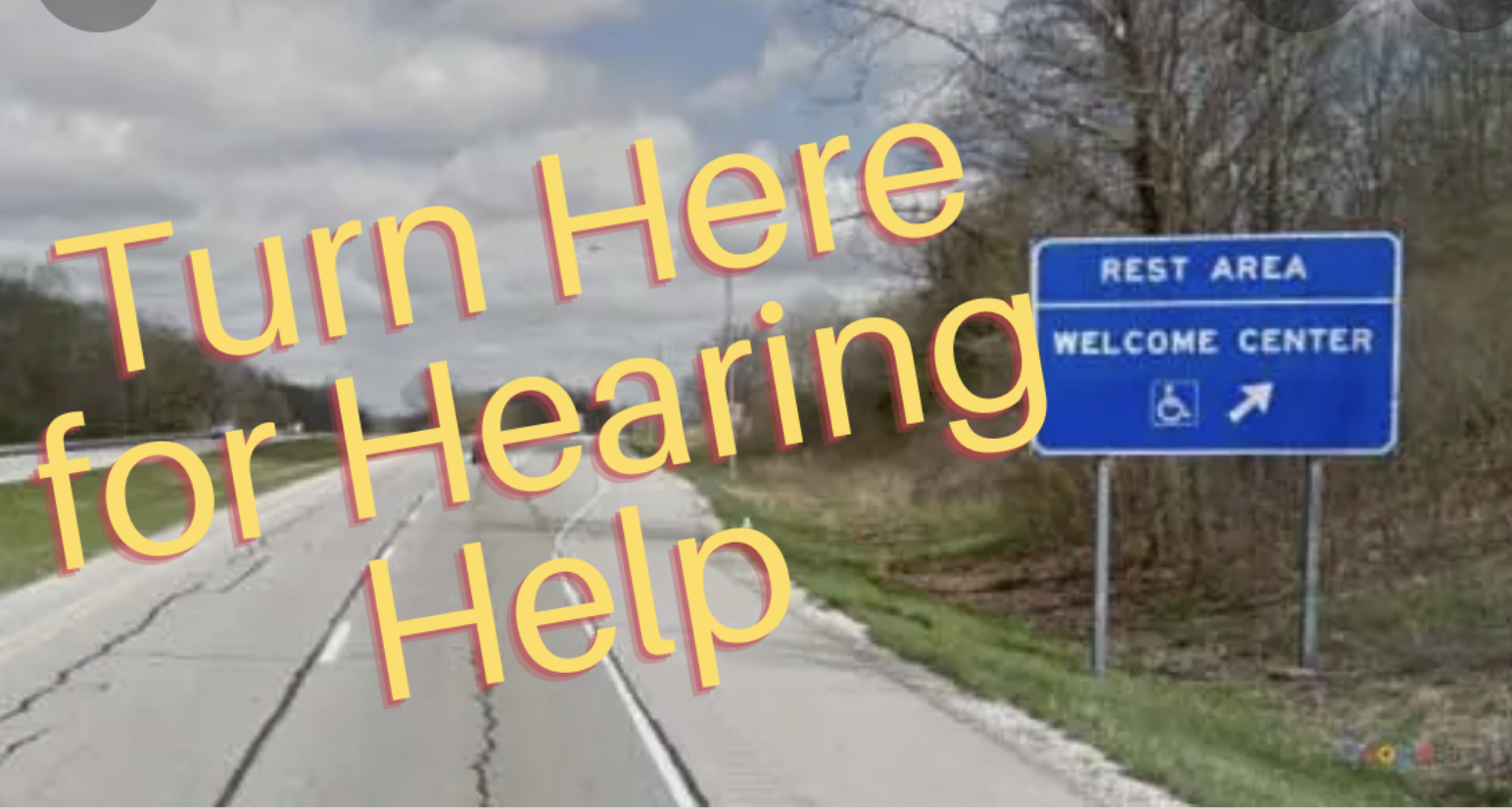The cashier at the Safeway checkout was talking animatedly to the customer standing on the other side of the plexiglass shield. The customer kept shaking her head and her hands made movements that said I don’t understand you and, finally, I give up.
I’d been in that same position many times since the pandemic started, struggling through masks and shields that are designed to keep us safe, but fracture our communication in the process.
What could I do? Not much from my position a couple of lineups over. Even if I was a position or two away from the woman, how could I have helped? With my own hearing loss and masked face, I would only have added to the confusion and help, if accepted, needed to be provided quickly.
But perhaps I could have approached her once we were both through our checkouts, in the parking lot. I could have told her about what has worked for me, such as the smartphone speech-to-text apps on that have been communication lifesavers (I use both the Otter and NAL). But I missed the opportunity that time.
As advocates for our own hearing loss needs, we often want to approach others because it’s obvious that they need to know what we know. And sometimes the opportunities are clear and should be grabbed – meeting someone at a party or through mutual friends, for example. The personal introduction has been made, potentially opening the door for a conversation about hearing loss.
But what about a random, unconnected stranger such as the woman I described – would my overture have been appreciated or even appropriate?
A few years ago, at a rest stop on a cross-country driving trip with the Hearing Husband, a non-encounter with a random woman prompted me to write the following article (excerpted).
If, in an unexpected moment, a person whose daily world is not connected to yours, has opened themselves up and seems ready to embrace your words, because, somehow, they know what you’re offering is something they need—what would you say?
Five minutes, a fleeting blip in a person’s lifespan, that’s all the time you’ve got.
If I were to meet that stranger—in a highway travel rest stop, let’s say, with picnic tables by a river—who has signaled confusion and frustration with their hearing loss (or worse, the intent to do nothing about it), and whose bus is leaving in five minutes, I hope I would say, “Do you have a moment to chat, here by the river?”
Yet, how would I compress a lifetime of learning to live with hearing loss into a few seconds? I only have one shot with this stranger, and the running motor of the bus reminds me how little time we have, so I would try:
I have hearing loss too and here’s what has worked for me.
Be honest about your hearing loss. Don’t try to hide it. If you don’t admit it to yourself and others, things may only get worse. Being open about your difficulties may not be as hard as you think.
Help is available and waiting. Learn about your hearing loss. Visit a hearing care professional. Reach out to consumer support groups for help.
Use technology and other strategies. Hearing aids can give you back many of the sounds and much of the understanding that have disappeared from your life. And many strategies don’t need a plug or a battery, like learning how to chat, just as we’re doing now at this picnic bench, facing each other.
Tell people what you need—because they won’t always know, and they definitely won’t always remember. They want to communicate with you and, like air, water, and food, we need communication to be human.
You’re not alone—I know what you’re going through. It was nice to meet you, have a good trip.
These might not be the exact words, because I’d be rushing to get it all out, but it’s the gist of what I hope I’d say—if I had the opportunity. I imagine that every day, everywhere, there are people who turn five minutes of their life into a powerful connection with a stranger – and perhaps today, a person in pain over the loss of hearing and communication in their life will know, by the sixth minute, that help is waiting and that they are not alone.
I’ve had the good fortune to make many impromptu connections with strangers who have hearing loss. It may not always be easy or even appropriate, but your reach-out moment could change a person’s life.

